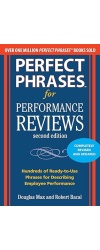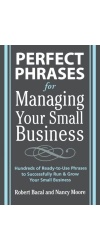Category: FAQ-Communication General & Media
What is confrontational communication?
Confrontational communication is communication (the way we interact) that tends to anger, create unnecessary conflict, and damage relationships at home and at work. It was defined by Robert Bacal, along with it’s opposite, cooperative communication Confrontational communication involves a wide…
Why is it important that all parties in communication have the “same type of conversation?
Different Communication Purposes Breeds Misunderstanding People communicate for different reasons and in different ways. There are different kinds of conversations. When two people are communicating for different purposes, or having “different conversations”, there’s a good possibility that conflict and misunderstanding…
Why and how is email communication different from any other medium? And some communication theory to boot.
To understand how electronic mail is different than ANY other medium we need to look at a little bit of painless communication theory. Before we do, a comment on some models of communication you may have come across in the…
Why is most communication training misleading?
Unfortunately, much of what is taught in common communication training and seminars is based on an out-moded and out of date understanding about how human communication actually works. Many seminars teach that communication involves a sender and a receiver, and…
What You Don’t Say Counts: “You Don’t Say?” Good!
What You Don’t Say Determines The Relationship We know that “good” talk smooths and builds relationships, whether with family, or friends or in the workplace. Supportive listening and compliments are important in building a good foundation of trust and mutual…
Can you provide practical tips and suggestions to improve email communication?
The following is an excerpt from Conflict Prevention in the Workplace — Using Cooperative Communication When sending e-mail always reread what you have written before sending it on. Read it twice (at least) — once for content (does it say…






